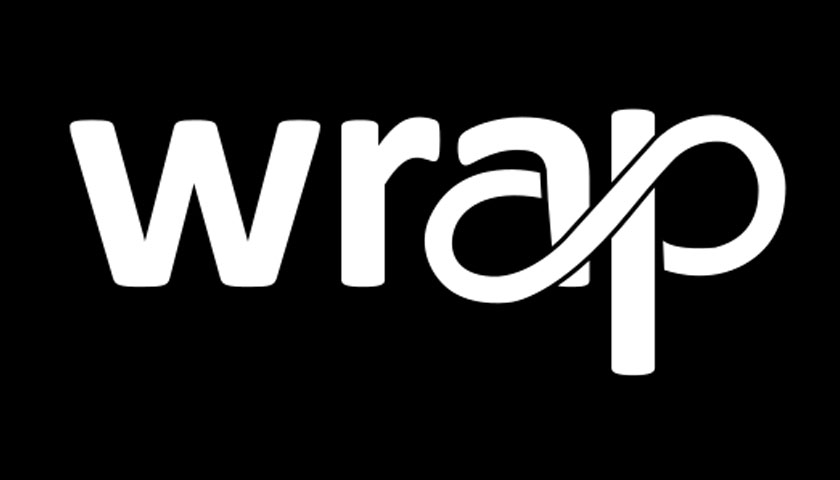International climate action NGO WRAP publishes its annual report and consolidated accounts celebrating its achievements and impact in 2022/23 and sharing priorities for 2024.
Harriet Lamb, WRAP CEO: “WRAP is challenging traditional thinking about a linear economic model of extract-consume-chuck, and showing where a positive alternative is possible. To deliver change of the scale necessary in future will require even more effort from a huge cast of actors in the UK and across the world. Each step forward is a springboard to greater impact and towards a regenerative circular economy that respects people and planet equally, and which will help us all embrace circular living.”
An independent evaluation of the organisation’s work showed that it led to a reduction in annual greenhouse gas emissions of almost 5M tonnes CO2eq in the UK (2019/20) – a saving of around 27,000 tonnes CO2eq per WRAP employee. The same reduction as taking 1.6M cars off the road for a year. The organisation delivered benefits seven times greater in value than the costs it incurred.
WRAP is tackling the climate crisis by bringing together governments, businesses, and citizens around the world to transform the way goods are produced, used, and disposed of. It is driving resource efficiency and accelerating the move to circular living by focussing on the key areas of consumption with the largest environmental impacts: food & drink, plastic packaging and textiles. In transforming these sectors, WRAP is contributing to key UN Sustainable Development Goals on food, poverty and hunger, sustainable cities, responsible consumption and production, waste, climate change, and life below water and on land.
Seb Munden, WRAP Chair said: “It’s testament to the strength of the partnerships WRAP has convened with governments, businesses, and citizens that we can look back on a year of significant achievements. Though our year was one of growth, it was also a period of reflection. This has led to changes in the way we organise and work to increase the reach of our expertise and the scale of our impact. We are resourcing to make our expertise and repeatable models more available internationally, while deepening the work we do with partners here in the UK to achieve more together.”
Today’s report outlines key achievements across WRAP’s four main areas of work, and the organisation’s ambitious priorities in 2023/24. These include:
Transforming our food system
- To scale up Courtauld 2030 Water Roadmap with food and drink companies to protect critical water resources for food supply, for nature, and for local communities.
- Embed Scope 3 reporting protocols and support retailers and suppliers towards net zero.
- Increase food recycling at home and work to enhance food reduction alongside increased food waste collections.
- Expand food systems work into the USA, India, and Australia.
- Support policy changes on mandatory food waste reporting and separate food waste collections. In Wales, embed the Collections Blueprint for kerbside recycling with local authorities.
Tackling plastic pollution
- To support retailers in selling more fresh fruit and vegetables loose.
- Unlock the business case to achieve recycling of film at scale.
- Take reuse/refill from pilot to blueprint by convening industry and collaborating internationally with key stakeholders.
- Take on operational support for all Plastics Pacts internationally, including those previously managed by the Ellen MacArthur Foundation, and foster greater collaboration and knowledge-sharing across.
Transforming textiles
- To develop the Textiles 2030 Footprint Tool.
- Identify and prioritise circumstances where pre-loved textiles can replace new.
- Support businesses in designing clothing for longevity and to be recyclable.
- Identify the financial incentives and policy changes required for a global, closed loop, textiles recycling system.
- Create industry standard for minimum durability that enables consistency globally.
- Publish a landscape review of UK textiles recycling infrastructure.
Developing a circular economy
- To deliver evidence and activities to increase business recycling.
- Support partners to adopt and implement circular economy strategies.
- Develop grant programmes and work with private sector to drive investment.
- Support citizen readiness for forthcoming national policy changes such as DRS.
- Support UK Governments to deliver against their net zero targets.

